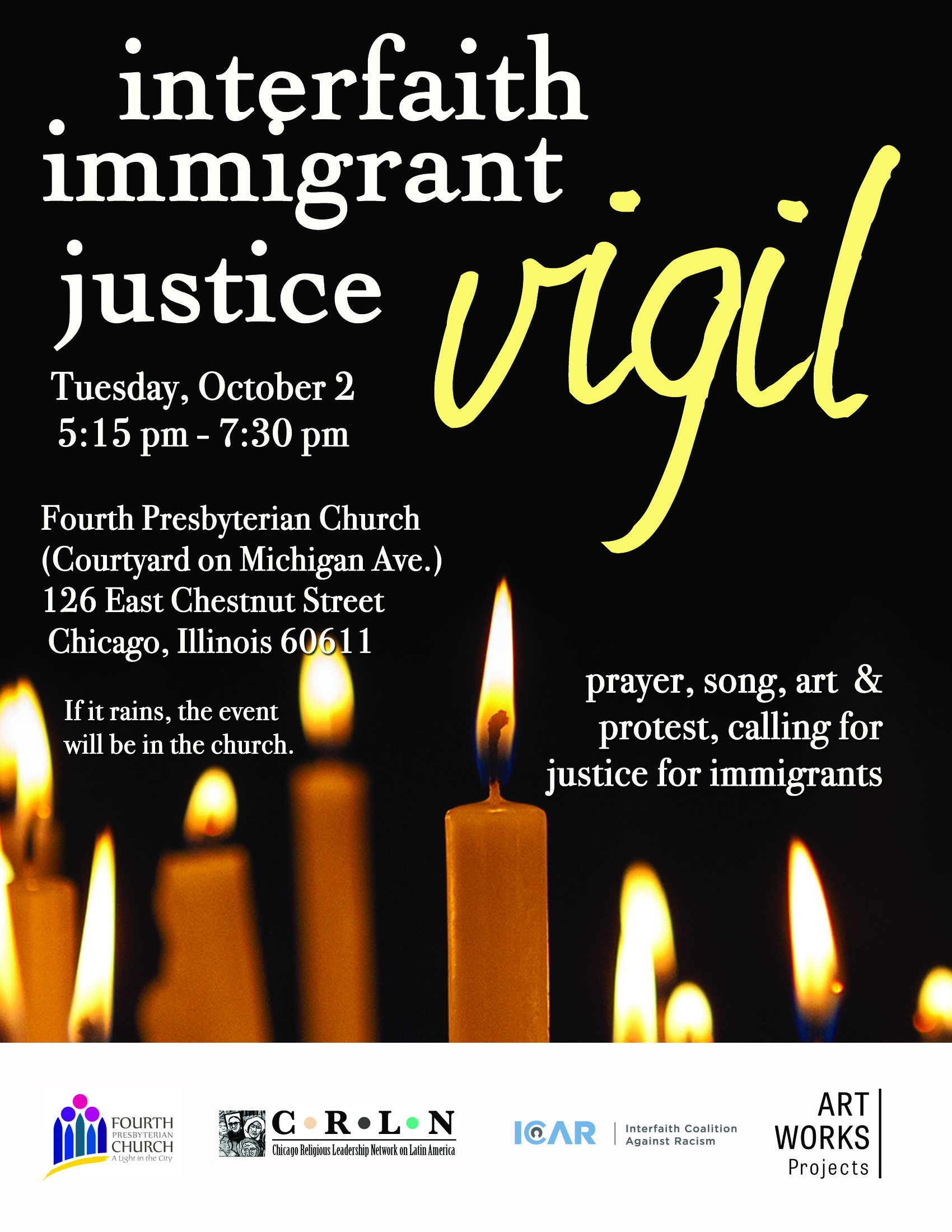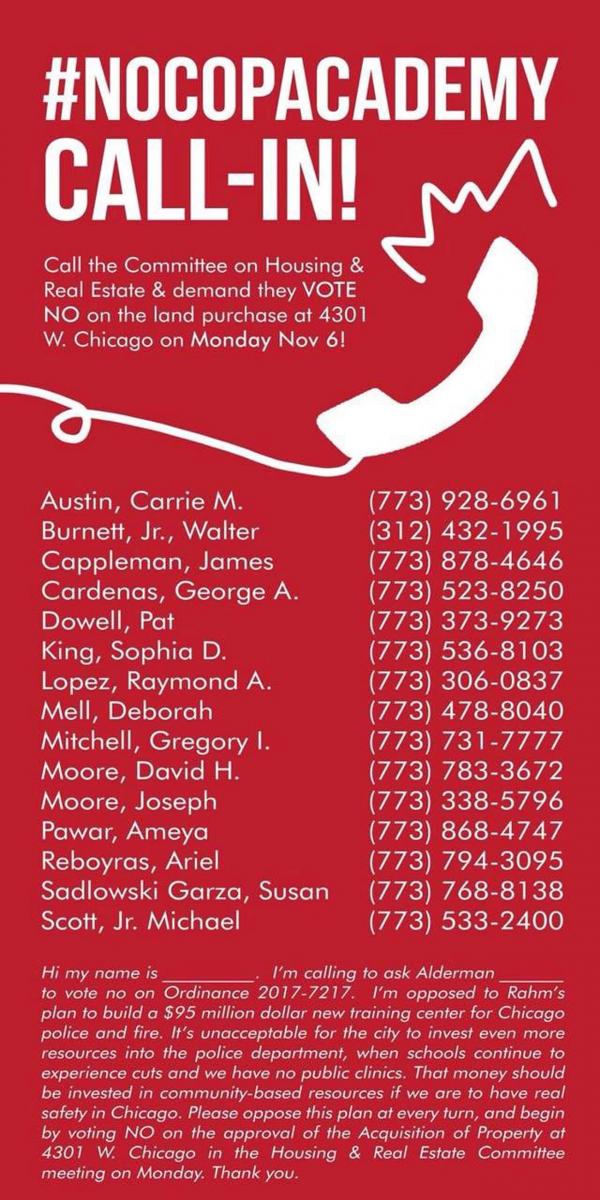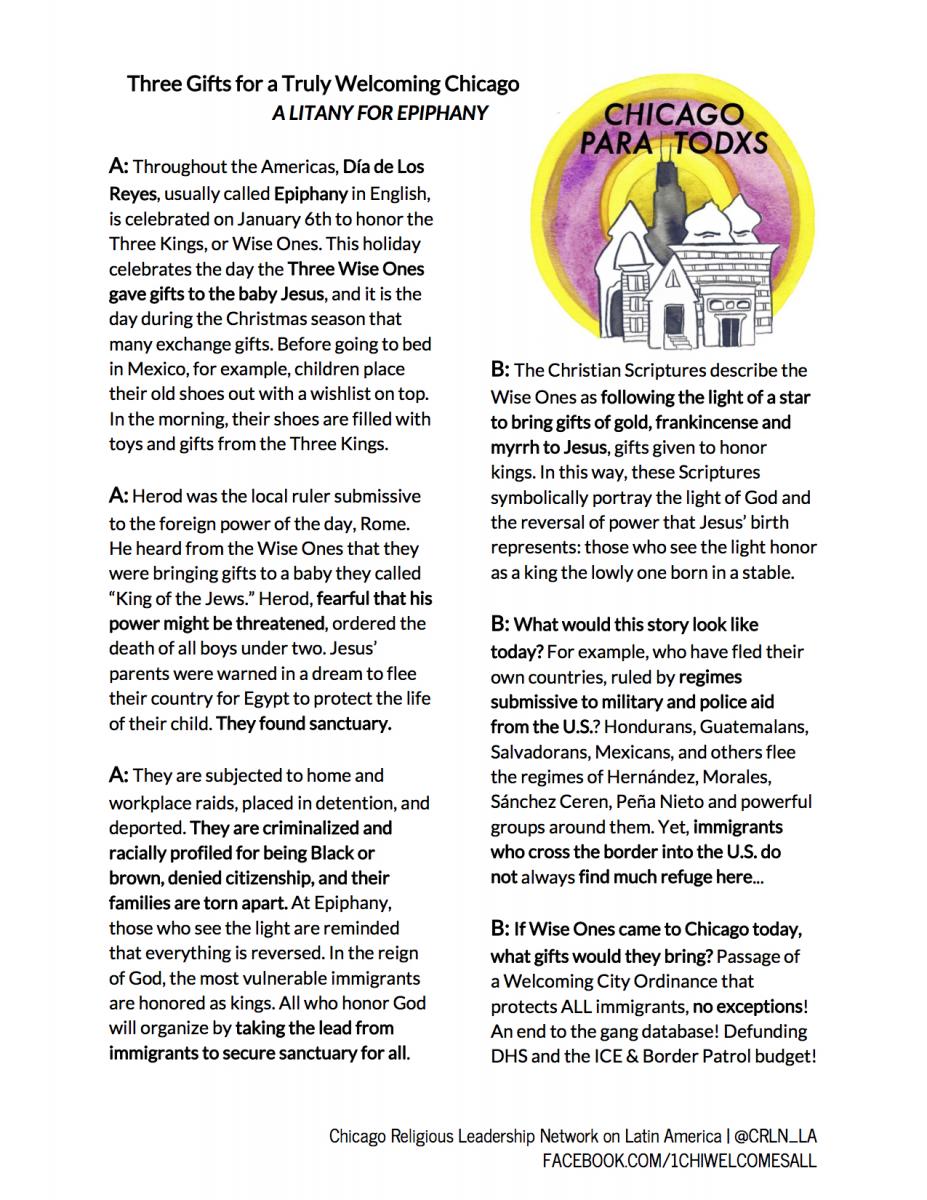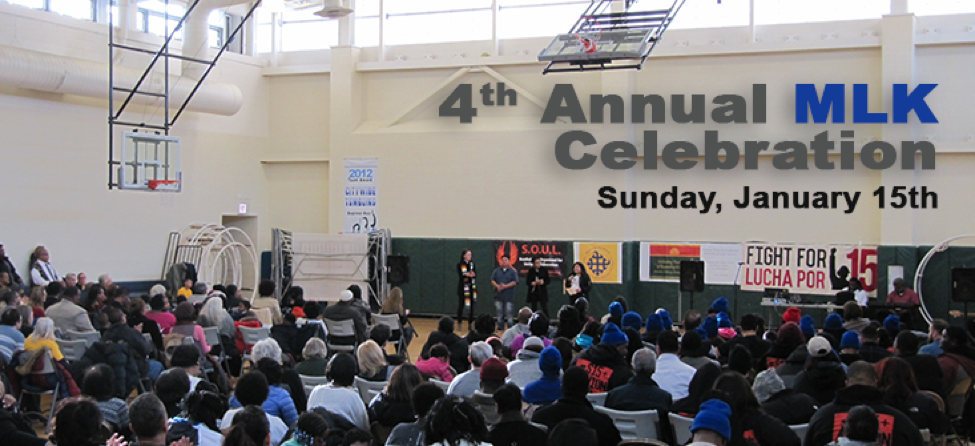Get informed before you go to vote!
Chicago’s elections are next Tuesday,
February 26
Jewish Council on Urban Affairs (JCUA) https://bit.ly/2SLijxg
and
Chicago’s elections are next Tuesday,
February 26
Jewish Council on Urban Affairs (JCUA) https://bit.ly/2SLijxg
and
(From the director of the Guatemala Human Rights Commission/USA, Sept. 5, 2018)
Dear Friends,
Guatemala is at risk of a coup, and it looks like once again with the support of the U.S. government.
The threat of an auto-coup has been in the air since President Jimmy Morales convoked a press conference on August 31 to announce he would not renew the mandate of the United Nations sponsored International Commission Against Impunity (CICIG). He stood amidst dozens of fatigue clad military officers and CICIG’s offices were surrounded with military jeeps.
The next day U.S. Secretary of State Mike Pompeo tweeted, “Our relationship with Guatemala is important. We greatly appreciate Guatemala’s efforts in counter-narcotics and security,” widely perceived as a show of support for Morales.
On September 3, the National Immigration Directorate announced that CICIG’s commissioner, Ivan Velasquez, would not be allowed to reenter Guatemala, in defiance of a May Constitutional Court ruling that the Migration Directorate could not bar Velasquez’s entry. On September 4, the Secretary General of the United Nations announced that the UN would continue to recognize Ivan Velasquez as the Commissioner of CICIG, conducting his functions from outside of Guatemala. A few hours ago, a group of representatives in the Guatemalan Congress that have been promoting the creation of a new constitution released a communication asserting that the Constitutional Court has repeatedly exceeded its constitutional mandate. As the Executive and the Judiciary defy the Constitutional Court, a technical coup or auto coup may be in progress.
The United States Department of State must clearly communicate that the US firmly stands with the Guatemalan Constitutional Court against any attempt to undermine its independence. The Constitutional Court may well be called on to decide the fate of CICIG and its commissioner Ivan Velasquez. CICIG has been the most successful effort to end impunity and clean up the justice system in the region.
Please, call – (202) 224-3121- or write your Representative and Senators to ask that they demand that the State Department affirm its commitment to the rule of law in Guatemala, particularly to safeguarding the ongoing independence of the Constitutional Court. You can also contact their district office to find out which staff people would follow issues in Guatemala and develop ongoing correspondence with them.
Evoking memories of military coups, Jimmy Morales announced he intends to end CICIG’s mandate
amidst dozens of fatigue clad military officers in what looked like the threat of an auto coup.
On August 10, CICIG and the Public Ministry presented an impeachment request against Jimmy Morales for not reporting over $1 million cash that was given to voting table monitors from Morales party on the day of the national election. On August 23, the Guatemala Supreme Court found that the impeachment of Morales could proceed, and on August 28 the congressional commission overseeing the impeachment was formed by lottery.
The top concern now is securing the safety and ongoing independence of the Guatemalan Constitutional Court. Many questions have been raised about the legality both of President Morales’ communication to the United Nations while he is under impeachment and of the bar on Ivan Velasquez’s entry to Guatemala. Both of these questions will eventually be decided by the Constitutional Court.
There is currently tremendous pressure on the Constitutional Court. President Morales’ administration is essentially threatening an auto-coup, through images and military deployments. This has been in the air since Friday when military surrounded not only the CICIG installations but also offices of leading human rights organizations, and President Morales gave his press conference amidst approximately 50 fatigue clad military officers, conjuring up memories of the press conferences in the 1970s and 1980s that announced new military juntas had grab control of government. It is a message received loud and clear even without stating anything directly.
On Monday the Guatemalan Constitutional Court ruled that the operations of the San Rafael gold mine will remain suspended until a consultation of the indigenous communities affected by the operation had been completed. This was a highly charged decision that challenged the interests of the economically powerful sector aligned with President Morales. In May the State Department urged the Constitutional Court to re-open of the San Rafael mine, prioritizing the economic interests of one US mining company over rule of law and the economic well-being of an entire region. That confrontation is still fresh in the public conscience in Guatemala.
The State Department must make it clear that the United States firmly stands with this Constitutional Court against any attempt to undermine its independence, particularly now as the Constitutional Court may well be called on to decide the fate of CICIG and its commissioner Ivan Velasquez.
Please, call – (202) 224-3121- or write your Representative and Senators to ask that they demand that the State Department affirm its commitment to the rule of law in Guatemala, particularly to safeguarding the ongoing independence of the Constitutional Court. You can also contact their district office to find out which staff people would follow issues in Guatemala and develop ongoing correspondence with them.
You can also contact their district office to find out which staffpeople would follow issues in Guatemala to develop ongoing correspondence.
Many Thanks,
Annie Bird





Como personas de fe y personas de conciencia, debemos comprometernos a tomar la iniciativa de comunidades directamente afectadas y comprometidas en trabajo transformador. Esto incluye la apertura de nuestras congregaciones y comunidades para el santuario. Debemos comprometernos a luchar con
TODXS
nuestros hermanxs, hermanos y hermanas en la lucha en contra del militarismo estadounidense, la política de inmigración neoliberal y xenófobica y otras formas de violencia estatal e institucional. Estamos unidos por nuestras fe liberadoras e inspirados por el poder de la gente para organizarse y encontrar aliados para trabajar por economías sostenibles, relaciones justas y dignidad humana.
¿Qué es el santuario?
“Santuario”
es un término cambiante y expansivo cada vez más utilizado (y aveces apropiado) dentro de diferentes contextos, espacios y políticas después de la elección. Para las comunidades de fe, sin embargo, el santuario es una antigua tradición que se ha asociado con las congregaciones que han ofrecido sus estructuras físicas como un refugio para las comunidades indocumentadas que luchan por la justicia en los Estados Unidos en los últimos cincuenta años. El santuario dentro de las congregaciones ha operado actualmente en las iglesias en relación al memorándum de ICE del 2011 que marca a las iglesias (así como hospitales y escuelas) como “lugares sensibles”. No obstante, sabemos que estos lugares nunca son verdaderamente seguras de ICE, y con las elección reciente de Trump, el papel futuro y las posibilidades del santuario son inciertos. Hasta entonces, sin embargo, debemos continuar preparándonos para ofrecer y apoyar el santuario como una parte táctica de los esfuerzos de comunidades y organizaciones para cambiar las condiciones que requieren el santuario en el primer lugar.
¿Qué se necesita para ofrecer santuario?
El Santuario no es dado, lo que significa que los espacios de santuario deben ser ACTIVAMENTE organizados y defendidos por la comunidad – desde abajo. De la misma manera que las comunidades directamente afectadas han asumido riesgos y puesto sus cuerpos en la línea, las comunidades de fe deben estar preparadas para salir de su zona de comodidad cuando se les pida. Esto también significa que no hay lista de requisitos para el santuario, cada caso es diferente.
Sin embargo, aquí hay diferentes ejemplos de lo que parece el santuario:
Santuario consiste en recibir a los miembros de la comunidad y ofrecer hospitalidad y acompañamiento, mantener conversaciones críticas sobre la supremacia blanca, la inmigración y la criminalización, apoyar el liderazgo de comunidades directamente afectadas, utilizando sus recur$os, formando una comité de inmigración y movilizando sus redes. Es una posición espiritual profunda e informada, comprometida con la promulgación de nuestras propias visiones de cuidado y seguridad comunitaria.
¿Tienes un espacio, recursos o tiempo que ofrecer?
Para obtener más información sobre la organización del santuario, comuníquese con la organizadora de inmigración de CRLN :
crodriguez@crln.org
o al 773-293-3680. Para conocer otras maneras de apoyar los casos de deportación en curso, siga a OCAD o #not1more en Facebook.

To connect with CRLN on this campaign please contact our Immigration Organizer at
crodriguez@crln.org
.

(Español aquí)
Honduras is the most dangerous country in the world in which to be an environmental activist and one of the most dangerous to be a journalist, union member, or member of a social movement opposed to the current Honduran administration’s policies. Members of the military and police have been implicated in violence against, including assassinations, of members of these groups. 97% of crimes committed in Honduras are left unsolved, with no consequences for the perpetrators.
In this context, we thank you for your signatures supporting the Berta Cáceres Human Rights in Honduras Act (H.R. 5474). They helped
CRLN convince 7 out of 10
Democratic Illinois U.S. Representatives to co-sponsor this important legislation introduced by Rep. Hank Johnson. By the end of 2016, the bill, which would suspend U.S. security aid to Honduras pending compliance with international human rights standards, garnered a total of 52 co-sponsors nationwide.
Because the 114th Congressional session ended January 3 and any legislation that did not come to the House and Senate for a vote ended with it, H.R. 5474 will need to be reintroduced in the 115th Congressional session that runs from now through the end of 2018. Rep. Hank Johnson plans to reintroduce this bill.
As soon as that happens, CRLN will contact U.S. Representatives from Illinois to ask those who signed on (Schakowsky, Gutierrez, Davis, Rush, Quigley, Lipinski) to do so again. We will contact those of you in their districts to contact them, identify yourselves as CRLN members, thank them for their co-sponsorship last year, and ask support them to sign on again.
For those of you in districts whose Representatives did not co-sponsor, we will construct new arguments for why they should co-sponsor and will contact you at the appropriate time for signatures again to show support in your district for this bill. In addition, we have a fresh opportunity to speak with Representatives elected in November (Brad Schneider in the10th District, who replaces Bob Dold; and Raja Krishnamoorthi, who replaces Tammy Duckworth—now one of Illinois’ U.S. Senators—in the 8th District).
It is vitally important to people whose lives are under threat in Honduras that the U.S. stop providing weapons and training to the forces under the authority of the current Honduran President, Juan Orlando Hernandez, whose party illegally used and deprived the public of funds designated for the health care system to support his last election and who has just orchestrated a change to the constitution to allow himself to run again for President in 2017. Under his administration, military and police forces have been unleashed to do violene against those who oppose the corruption and anti-democratic maneuvers of many of those currently in power.
If you would like to take part in a delegation to Honduras to commemorate the one-year anniversary of Berta Caceres’ death and visit other groups struggling to defend their land and human rights, click
here
for more information.